What Is the Point of the Royal Family in a Crisis?
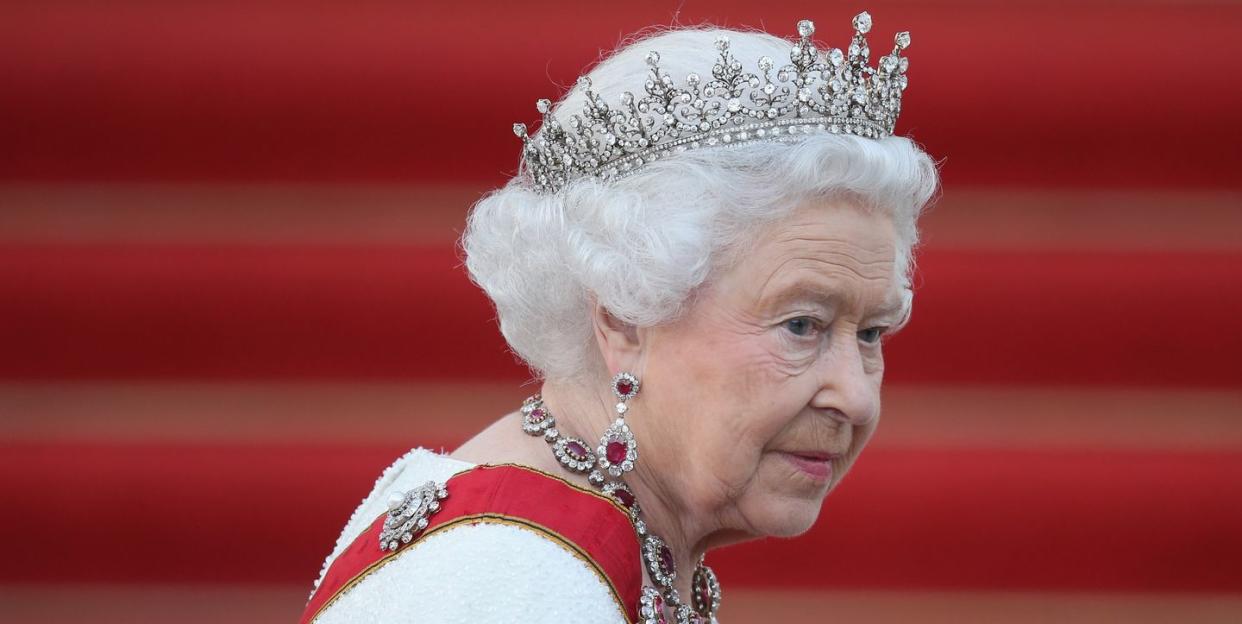
Chris Granlund, the executive producer of a new documentary, "The Queen at War," which airs tonight on PBS, didn't plan for his latest project to air just as the world was experiencing a very different kind of emergency: the coronavirus pandemic.
"We couldn't have predicted that one when we were making it," he tells T&C over the phone.
While the ongoing pandemic is decidedly not the same as World War II, parallels continue to be drawn between the two crises, and the film offers a unique perspective on how the royal family's role and more pointedly, it's purpose, is shaped during trying times, be it the blitz, or a medical catastrophe.
Here, Granlund reflects on why culture remains so fascinated by World War II, how Britain's battles made Queen Elizabeth the leader she is today, and the point of the royal family in a crisis.
Why do we always return to World War II? Why do you think that period in history remains such a focus of our culture?
It's a defining moment in our history, and it's slipping out of the living memory. There are very few people who remember it, and it's still the great divide between the deep past and the world we more or less recognize today.
I think it was also a war that appeared extremely clear-cut: who was on the right side and who was in the wrong. Fighting the war, I think, felt like something that was incontestable—it was the right thing to do, to stand up to fascism, to stand up to the Nazis, and so there's a kind of great adventure aspect to it in a way. A battle to save civilization.
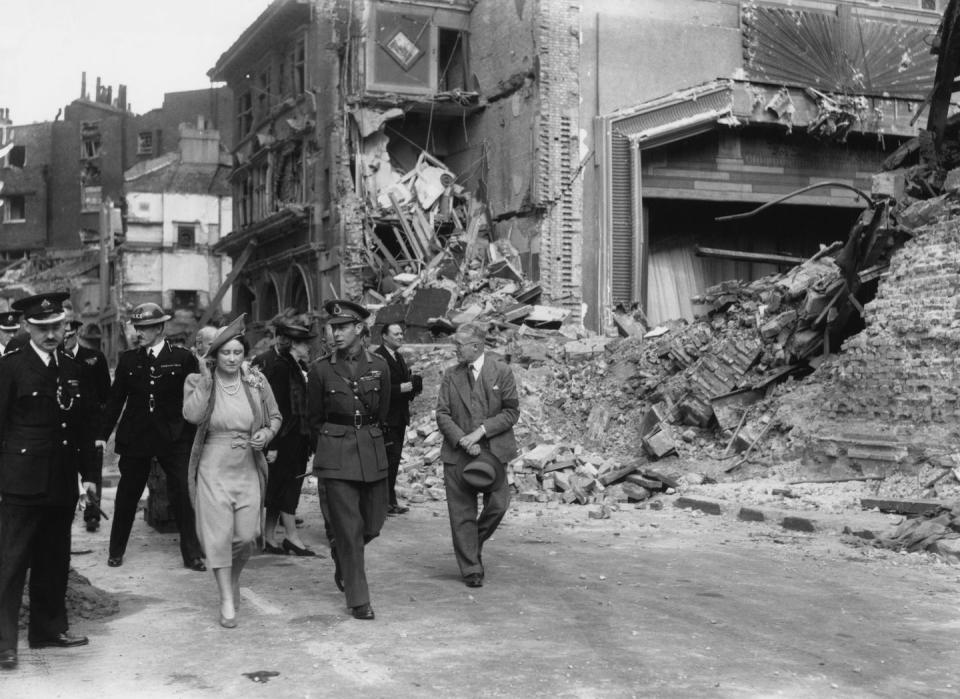
It's almost like those battles in the Greek myths where they're fighting to save democracy, but it's within our memory. For Americans, you came into the war and really won it, and tipped the balance so that victory was possible. It's a beacon, in a way, a beacon of American doing a great service to the world.
For Britain, we've developed a kind of mythology of standing alone on the edge of Europe, the whole of Europe conquered and standing alone against fascism, which is a very stirring prospect. I think this film and the story of the Queen really play right into that. It sets a nation standing up against a huge, powerful force, a David and Goliath struggle.
For a Princess of 13 years old to be standing up in various ways and growing up during it is a very powerful image and a powerful story.
I've been thinking a lot recently about two questions: what is the royal family's role in a crisis, and what is the point of the royal family in a crisis?
I think in some ways, you can almost turn the question around: that it's in a crisis that the point of the royal family becomes clearer, and that it's in long periods of peace that the question of what are they for might arise, when they're not necessarily in the front line speaking for the nation.
As we're finding in the COVID crisis, the Queen made a public speech that was broadcast to the nation. It's only the fifth that she's made throughout her reign beyond her annual Christmas messages, so a very rare event, and really, it was a very simple address.
It wasn't made with high rhetoric. It was calm and measured, and she used the phrase “we will meet again,” which is almost a direct quote from the song “We’ll Meet Again,” which became a kind of unofficial national anthem during the Second World War.

Just using that quote, she managed to conjure all the power of the Dunkirk spirit, the blitz spirit, the standing up to a foe that must be beaten. Because of her symbolic position and because of the fact that she has been a Head of State for so long, she stood and broadcast during that crisis of the Second World War, and she's still here all these years later.
More than 75 years later, she was broadcasting again to galvanize the nation, to encourage us to make the sacrifices that are necessary to flatten the curve, and to come out of this crisis with as few lives lost as possible.
She stands separate, apart from the political fray. There's all kinds of discussion about whether our government acted too late, if they did too little too late, why do we have such terrible numbers of people dying, but the Queen is separate from all of that. She's purely on the side of the nation and on the side of the spirit of the nation standing up to beat this.
In the Second World War, I think it was a surprise to the nation when the 13-year-old Princess and her younger sister were making a broadcast to the children of the empire.
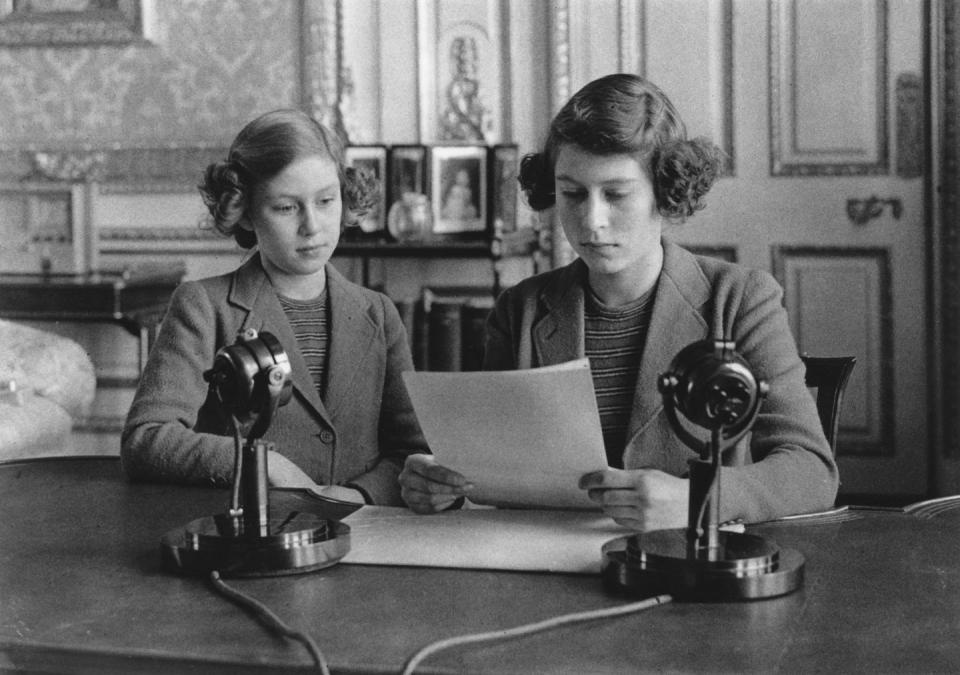
And at the very end of the broadcast, she wishes all children well, wishes them good luck. She empathizes with them and acknowledges that separation from loved ones is hard. It's a beautiful broadcast, actually, and at the very end, she says, "Now, me and my sister are going to say good night. Come on, Margaret."
It touched a chord, and I think just as people in Britain at that time were absolutely charmed and galvanized by the fact that this teenager was speaking to them in this way. In America, having a real live Princess broadcasting and speaking in a relatively casual way to her sister live on air was quite a thrilling thing. And for those hundreds of British children who had been evacuated to Canada and North America, it must have been hugely important to hear this message from her, even more than it was for the children who were still living in Britain.
Do you think the war helped paved the way for the modern royal family’s role in society?
The Queen saw her parents in the news reels that she used to watch at Windsor and Buckingham Palace, engaging with the people in a much more relaxed way, having a proper conversation. It still looks fairly formal, but people are crowding around to listen, and I think before the war, that would never have happened. One of the interviewees in the film says, "We've never seen them like this. We were only used to seeing them from a distance in their finery, in their robes and public occasions."
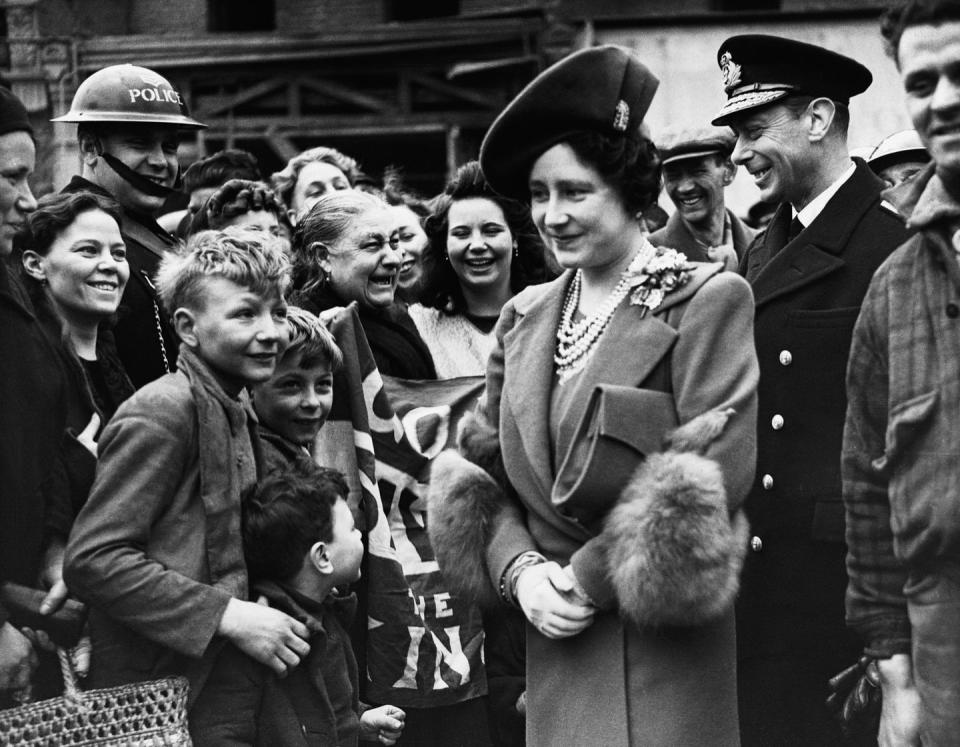
The royals became much more visible [during the war], and I think that's been a hallmark of Queen Elizabeth II’s reign. She's extremely visible, right down to the way she dresses. I remember reading that she tends to wear a single color, and that's not a simple fashion choice—it's to do with visibility. She needs to stand out in a crowd so that everyone gets the sense that they've actually seen her.
She continued the tradition begun by her grandfather of Christmas broadcasts, but she's also, on five occasions, spoken to everyone in the nation via television. You could imagine that growing in the future generations.
And there are other ways in which we felt that her reign was being forged at that time like joining up the ATS [the Auxiliary Territorial Service, an auxiliary branch of the British military].
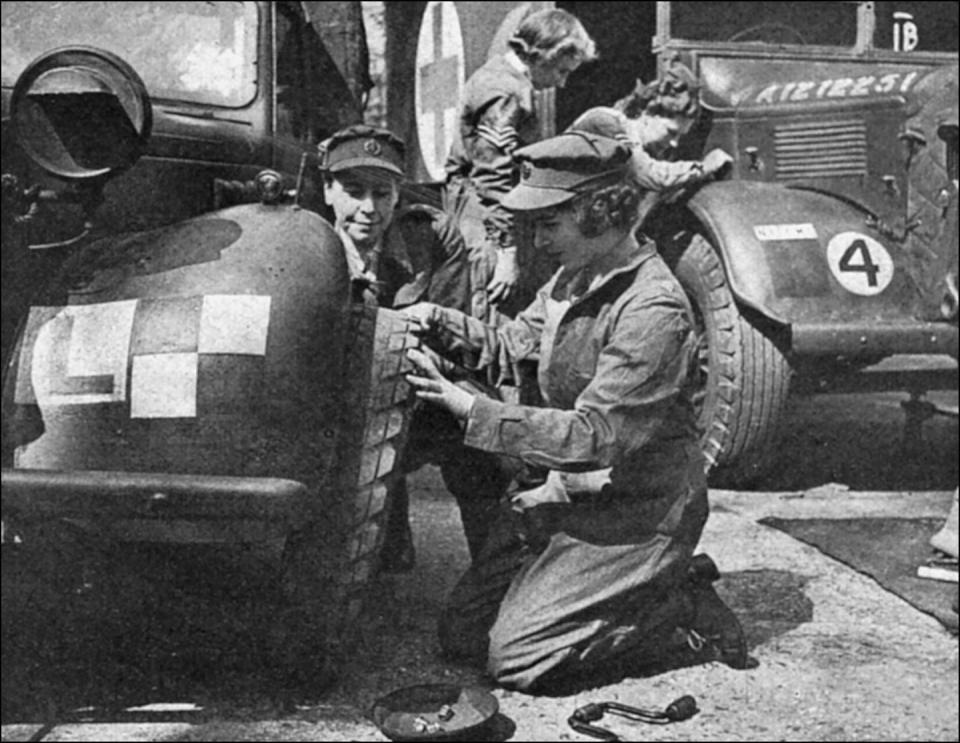
That's what all young people who couldn't actually go away to fight were doing; she was doing the same as them—becoming a mechanic, getting her hands dirty. No royal had been seen doing that before. It's hard to imagine now, but they were modernizing.
Each generation has its desire to modernize, and its own ideas. Princess Diana was keen to take it a stage further with physical contact, touch. We never think of the Queen as a touchy, feely person. She's still got a certain reserve, a certain formality, whereas William clearly has built on what his mother introduced. We may well have a period where Charles is King, and who knows how he will develop things.
I think certainly in terms of the royal family’s identification with the people, the Second World War was a huge moment for forging a new relationship. As one of the people in the film says, "My parents hadn't been particularly interested in the royal family, but after that, they were monarchists, and they thought of themselves as monarchists."
The Queen at War premieres Tuesday, May 5, at 8 p.m. ET on PBS. (Check local listings for more information.) Watch an exclusive clip from the film up top.
You Might Also Like

